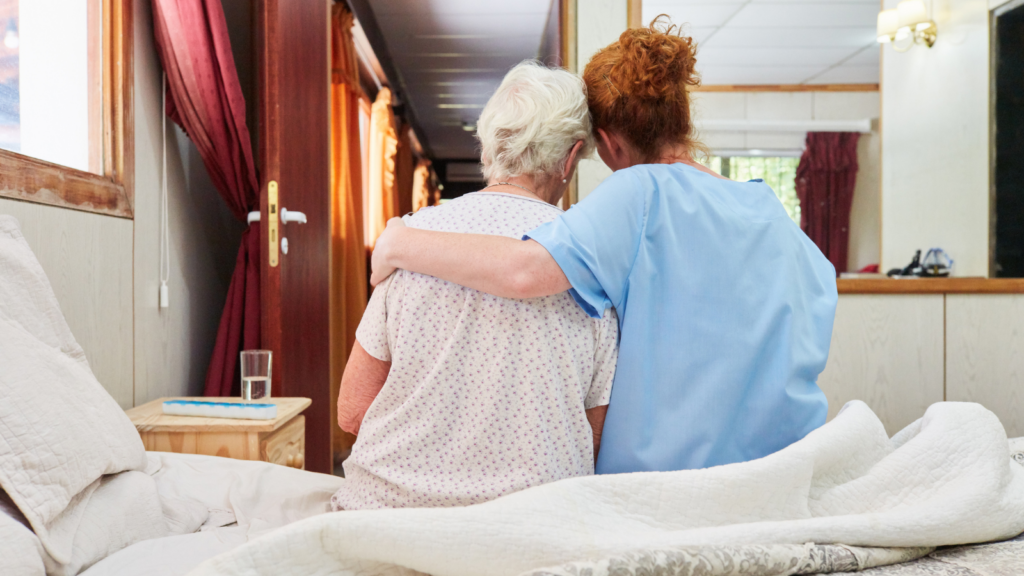Eurodiaconia member, Diakonie Deutschland, in partnership with the Evangelischer Bundesfachverband Existenzsicherung und Teilhabe (EBET) and the Alice Salomon University of Applied Sciences conducted a study which found that compared to 2018, there has been a 2.6 percent increase in the number of people experiencing homelessness and describing their personal situation as bad or very bad.
The study consisted of surveys which focused on six distinct areas such as one’s material situation, gainful employment, housing, health, security, participation in social life and participation in social networks, as well as a subjective assessment of one’s life situation. Around 1000 acutely homeless participants responded to the surveys, covering 69 facilities including, counselling centres, day care centres, specific facilities for EU citizens and women, medical care facilities, emergency services, emergency overnight stays, street work projects and services for offenders.
The study found that 1 in 9 of the respondents are living in the streets, in tents, mobile homes, or condemned houses. Less than half of the participants reported that they were receiving social benefits with a similar percent having no money. Many of the participants also classified their health as poor and disclosed that they have experienced threatening situations at least once in the past six months. Additionally, the study noted that non-German EU Citizens, with lower incomes that Germans, are more likely to be homeless, have less access to medical care and experience threatening situations more often.
As a result of the findings, the study recommended a transition from emergency and temporary accommodation to Housing First Solutions. Maria Loheide, the Director of Social Policy at Diakonie Deutschland, reiterated this message by voicing concern over those without housing facing massive restrictions to their rights, and instead urged legislators to promote Housing First solutions.
Building on the momentum from our members to tackle homelessness, Eurodiaconia is delighted to announce that this year’s Extreme Destitution Network Meeting will take place in person in Stockholm, Sweden from the 16-17 of June 2022. The event will be co-hosted by our members, the Swedish City Missions, and focus on prevention, integrated services and housing-led solutions. This network meeting will provide a forum for our members to share experiences, best practices, and challenges, as well as to create a Eurodiaconia Homelessness Experts Group to shape our collective advocacy towards ending homelessness by 2030.
To gain access to the executive summary about the study in German, click here, with the entire study report found here.



